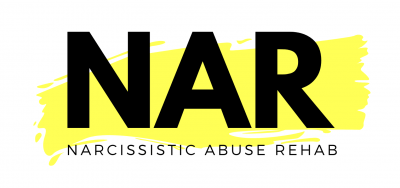Discover what narcissistic abuse is and how it affects individuals. Learn about the signs, effects, and ways to cope.
Character Assassination
Discover the flying monkey narcissist meaning about enablers of abusive power and control in the context of domestic violence.
DARVO is an acronym for Deny, Attack, Reverse, Victim, and Offender. It is a manipulation tactic used to avoid being held to account.



